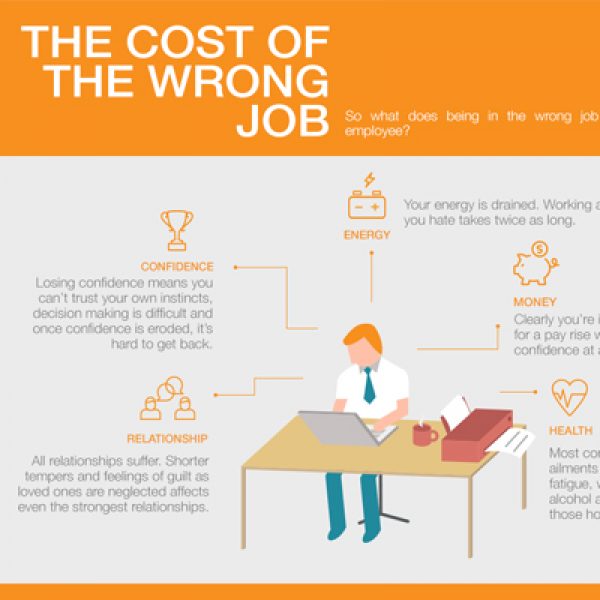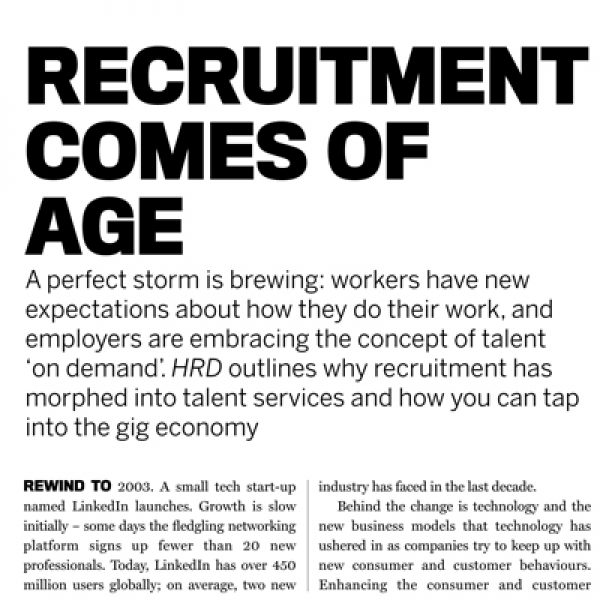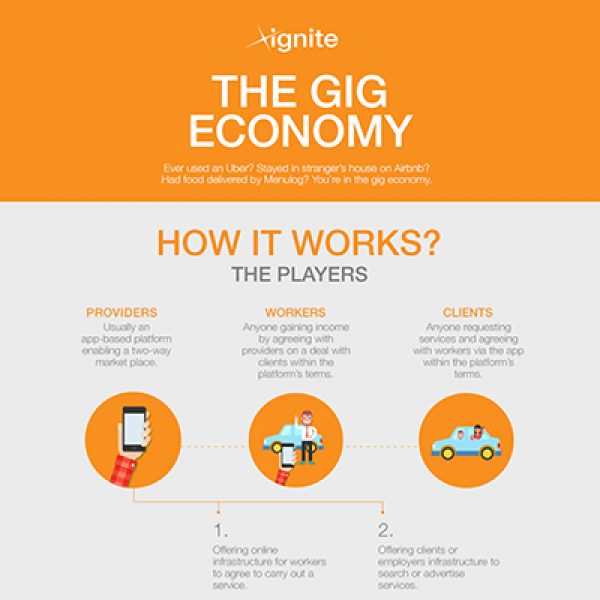The Igniting Your Potential Series – Igniting Potential Through Adversity
Igniting Potential Through Adversity By Nicole Shepherd, General Manager at Ignite ACT Potential is essentially something intangible. We can’t feel it or touch it but we can sense it. Scientifically it’s energy, etymologically it’s a word from the Latin words for power, ability and potency. Humans have an infinite amount of the stuff so how come it seems so hard to tap into this mass of power or even identify it and use it? Ironically, the very thing that can ignite it is the one thing that suppresses it – our conscious minds. Societal expectations and conditioning, and perceptions of realities, form our opinions of ourselves and our circumstances and can either create opportunities or build boundaries. Apathy, self-doubt and conformity are thrown up as reasons for crushing human potential but it’s fear in its many forms that is the true culprit. Fear of the unknown, fear of humiliation, fear of change, fear of failure, fear of stepping out of the comfort zone. Fear of what happens when realise your potential and become a hero. It’s the admission of fear that Agape International Founder Michael Beckwith, believes is the first step of a process that chips away at the walls that block potential and passion. He believes that that the feeling of fear, the pain endured rejecting your inner power and calling eventually becomes so unbearable a way out will emerge. “The pain pushes until the vision pulls,” he says. That moment the vision arrives and a path appears is when your potential is ignited. And yes, it has to be a bit scary. He says, “You can start with nothing. And out of nothing, and out of no way, a way will be made.” That’s your potential igniting. Love your Problems So how do we listen to that calling? Philanthropist and motivational speaker, Tony Robbins believes we need to see pain and fear as important precursors to stepping up and igniting potential. “Problems call us to higher level. The problem is we think we’re not supposed to have problems” he says. On top of this, the modern version of the comfort zone is incredibly broad and comfy. Bad day at work? Watch a TV show, eat some sweet and salty take-out, have a drink and feel immediately better. We forget about our problems. Modern gratification comes online, on-demand and is tantalisingly timely. So while Friedrich Nietzsche said that what doesn’t kill us makes us stronger, a more modern, less extreme warning comes from musician and poet Janis Joplin, “We are what we settle for.” It’s chillingly mundane. Regrets We’ve All Had a Few The power of regret, the evil buddy of retrospect, plays a large part for people who have already ignited their potential. They understand the painful, long-lasting effects of regret, and will do anything to avoid it including facing up to massive obstacles and challenges. Tony Robbins says, “They know the real fear is living a life where they have settled or compromised on what they really wanted”. Leveraging fear of regret can be a powerful way to tap into your own potential. “Of the many regrets people describe, regrets of inaction outnumber those of action by nearly two to one. We feel safe in our comfort zones, where we can avoid the sting of regret yet, at the same time, we regret most those actions and risks we did not take,” he adds. Igniting Potential Ask yourself some honest, difficult questions, the ones that keep you up at night. Probe your problems. They’re not going anywhere, so you might as well acquaint yourself with them, find their limits and work out ways to break them down and move beyond them. It’s not going to be easy. Determine your goals by looking into your future. Will you be proud of your past or will you wish you had “done” something? Identify and understand your excuses that keep you nice and safe in the comfort zone. No time and no money are the usual ones. Think of the Japanese proverb; “The bamboo that bends is stronger than the oak that resists.” Build an adaptable, resilient attitude. Setbacks, rejections and failures are painful. Know that failure and pain is inevitable. Be flexible, develop new strategies to get closer to your goals. Keep learning and growing. As Michael Beckwith says; “You can break yourself free from your hereditary patterns, cultural codes, social beliefs; and prove that the power within you is greater than the power that’s in the world.” Formidable but true.
Read More


